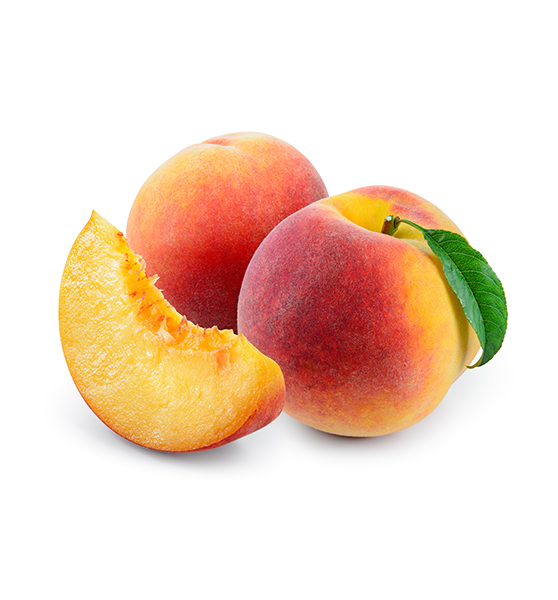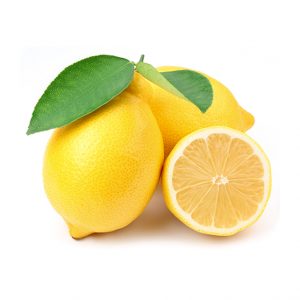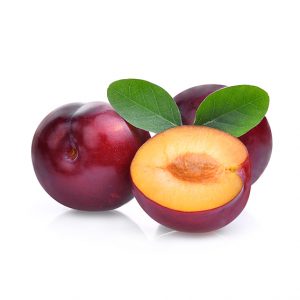- No products in the cart.
Peach & Nectarine
Peach & Nectarine
$1
Peaches and Nectarines are the same species, even though they are regarded commercially as different fruits. Nectarines have smooth skin, while peaches have fuzzy skin. The lack of skin fuzz can make nectarine skins appear more reddish than those of peaches, contributing to erroneous believe that Nectarine is a crossbreed between peaches and plums, or a “peach with a plum skin”. On average, nectarines are slightly smaller and sweeter than peaches, but with much overlap.
Refreshing and moderately in view of the energy intake, peaches fit perfectly in the summer months. They have indeed refreshing and rehydrating properties, thanks to their high water content and to their limited presence of sugars and organic acids in balanced proportions. Natural organic acids give peaches a touch of a slightly tart flavour. A nectarine is a fuzzless variety of peach.
The contribution of vitamins by peaches is very varied. The B vitamins are well represented, particularly vitamin B3 (1 mg/100 g) and pantothenic acid or Vitamin B5 (0.16 mg/100 g), as well as vitamin E (0.5 mg/100 g). One medium peach provides 8 to 10 mg of vitamin C, about 10 to 12% of the daily recommended intake. Flavonoid pigments (prevalent in red coloured peaches) further enhance the action of vitamin C, and increase the resistance of small blood capillaries. This is a very useful effect in the summer when the sun and the heat put a strain on the circulatory system. Interestingly too is the provitamin A (or carotene) level: peaches, especially with yellow flesh, are among the fruits that provide good amounts with 0.5 mg per 100 g on average and up to 1 mg for varieties with yellow flesh. If consumed perfectly ripe, peaches are a fruit particularly well tolerated: the fibres are very tender, and act on the bowels gently and effectively. It is for this reason that very young children and even babies can eat very early poached and crushed peaches.
Details
- Packaging: cartons of 5 – 7.5 kg net
- Recommended storage & transport temperature: 0.5°C
- Relative Humidity: 95
- Freezing Temperature: -0.9°C






Reviews
There are no review yet.